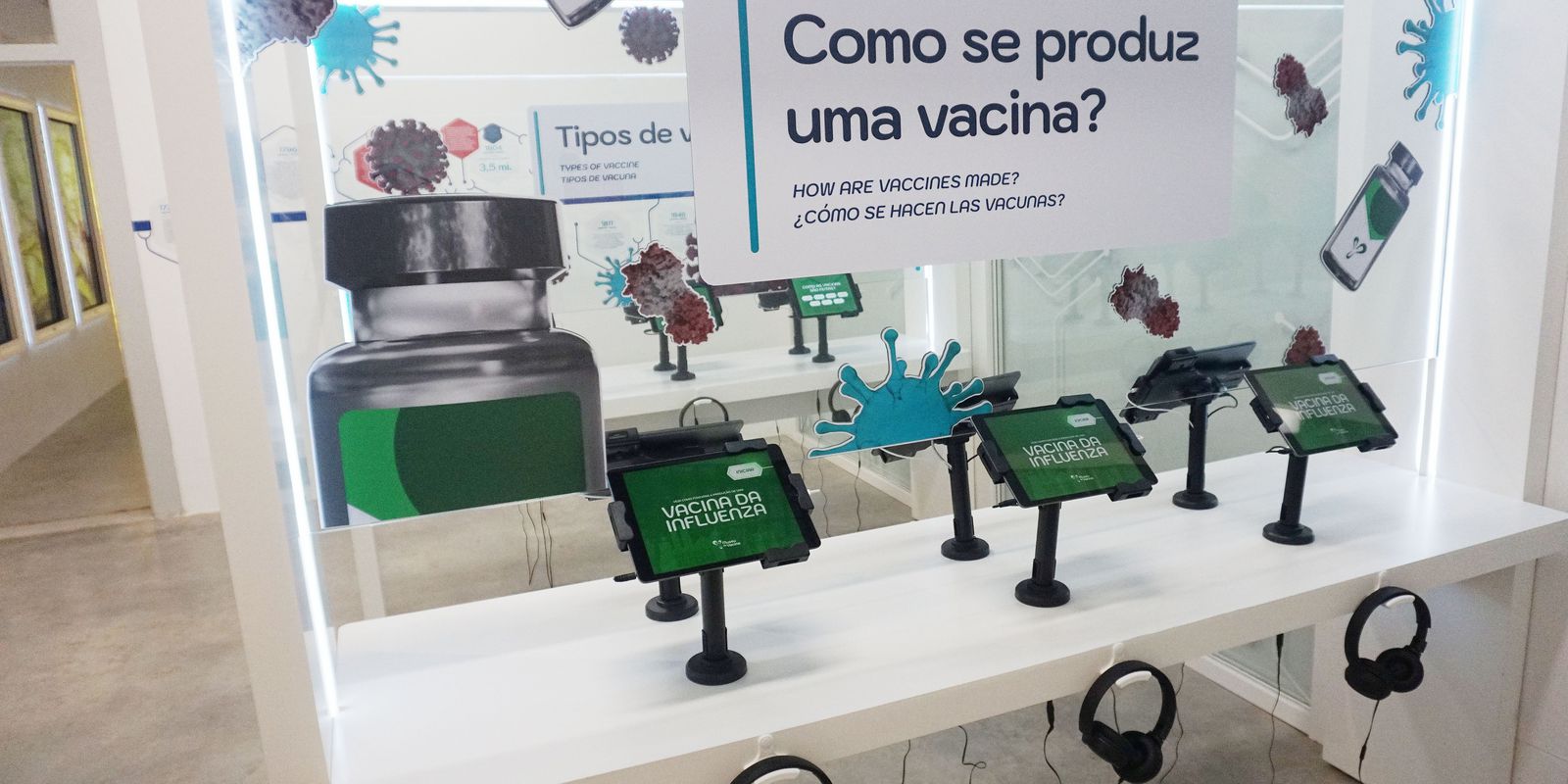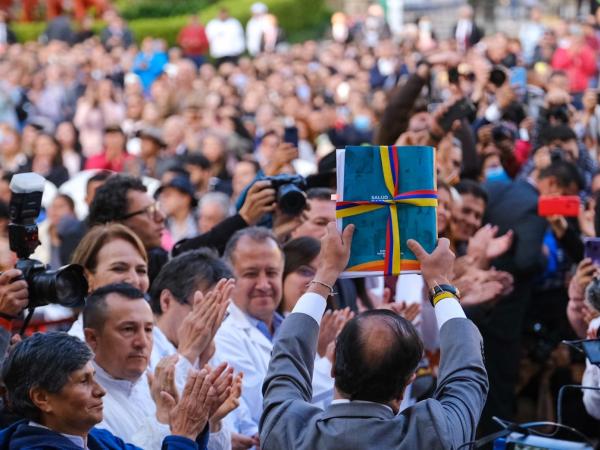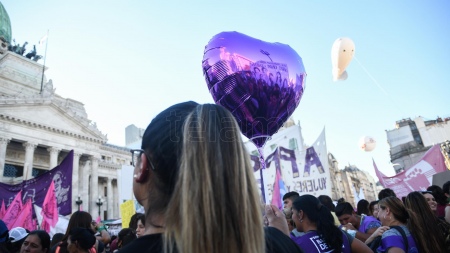The governor of the state of São Paulo, Tarcísio de Freitas, launched this Tuesday (7) the site Vaccine 100 Doubts, which answers the 100 most frequently asked questions about vaccines on internet search engines. The goal is to disseminate scientific information in a simple and didactic way, provide guidance on the immunization process, combat fake news (fake news) and encourage and expand vaccination.
In addition, the campaign will reinforce the importance of childhood vaccination for parents, with advertisements on news portals, outdoor media, social networks and radio stations throughout the month of March. “It’s a campaign to eradicate fake newsso that everyone has confidence in the vaccine and knows that it is a powerful instrument for mitigating risks and promoting health”, reinforced Freitas.
According to the São Paulo Secretary of Health, Eleuses Paiva, the campaign was structured with vaccine delivery logistics so that there is no shortage of doses in any city in the state. The goal is to increase vaccination coverage in São Paulo by 10%, reaching more than 90% of people immunized against poliomyelitis, conjugated meningococcal meningitis, triple viral (measles, mumps and rubella), yellow fever, pentavalent (diphtheria, tetanus, whooping cough) , hepatitis B and against the bacteria Haemophilus influenzae type b), hepatitis B and invasive diseases caused by hemophilus B, chickenpox, HPV, BCG (tuberculosis) and covid-19.
“Current coverage in the state is 70% to 80%, depending on the vaccine. This is the average in the state, because we have municipalities that are below 60%, which demonstrates a great health risk. The campaign that is being carried out is to prevent some diseases that no longer circulate in our midst from circulating again”, said Paiva.
According to the state government, currently, São Paulo vaccination coverage for BCG is 79.3%; boy C, 75.5%; pentavalent, 74%; polio, 74.4%; HPV for girls, 78.1% for the first dose and 59.6% for the second dose; in boys 58.4% for the first dose and 39.2% for the second dose; yellow fever, 64%; chickenpox, 76.1%; MMR, 76.1% for the first dose and 62.6% for the second dose.
At the campaign launch ceremony, at the Butantan Institute, Freitas announced the transfer of R$ 46.6 million for the 645 municipalities of São Paulo to reinforce the vaccination of residents. This represents R$ 1 per inhabitant of the state.
Asked about the fact that he participated in the previous government, in which then-president Jair Bolsonaro discouraged vaccination and even mocked CoronaVac, a vaccine against covid-19 produced by Butantan with inputs from China, calling it a “vachina” , the governor, stated that he has always been in favor of the vaccine.
“I look forward, I always believed in the vaccine, I got vaccinated, I took my family to get vaccinated, I posted on social networks to set an example, because I thought the vaccine was important. We are encouraging all vaccination actions, and I have sure that the campaign in the state of São Paulo will be a great success, because it will count on massive sponsorship from the state government for logistics, resources and partnership with the federal government. My interest today is to see mothers vaccinating their children, elderly people getting vaccinated, see vaccination coverage increasing and see our population immunized”, he replied.
In August last year, when he was a candidate for governor of São Paulo, Freitas said, during a sabbath organized by a newspaper, that he would end the obligation for state employees to take a vaccine against covid-19. According to Freitas, vaccination would be everyone’s choice, and no one should be forced to take it.
Vaccine Museum
In addition to launching the campaign, the Vaccine Museum was inaugurated at Casa Rosa, inside the Butantan Institute. The museum, which is the first of its kind in Latin America, features an interactive exhibition and hologram on vaccines, showing how they are produced and how they act in the body; a timeline with historical milestones in the development of vaccines and the history of Instituto Butantan, Brazil and the world.
There are also educational contents to explain the meaning of scientific terms related to the vaccine; games and a 3D cinema that allows the visitor a journey through the human body. In the immersive room, the story of what it is like to experience a pandemic is portrayed. The entire museum is accessible to all audiences. The investment in the works of the museum was R$ 13 million.









